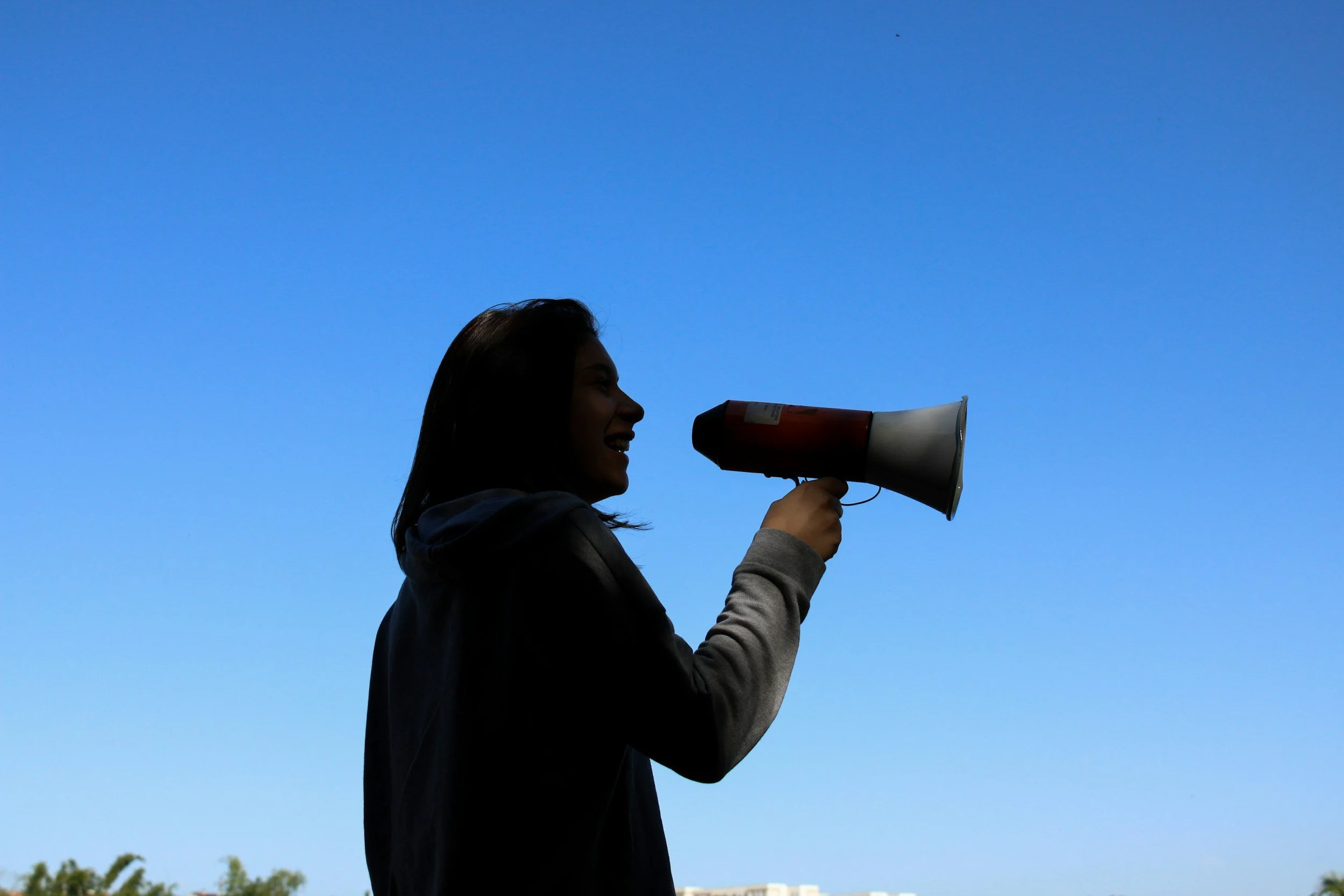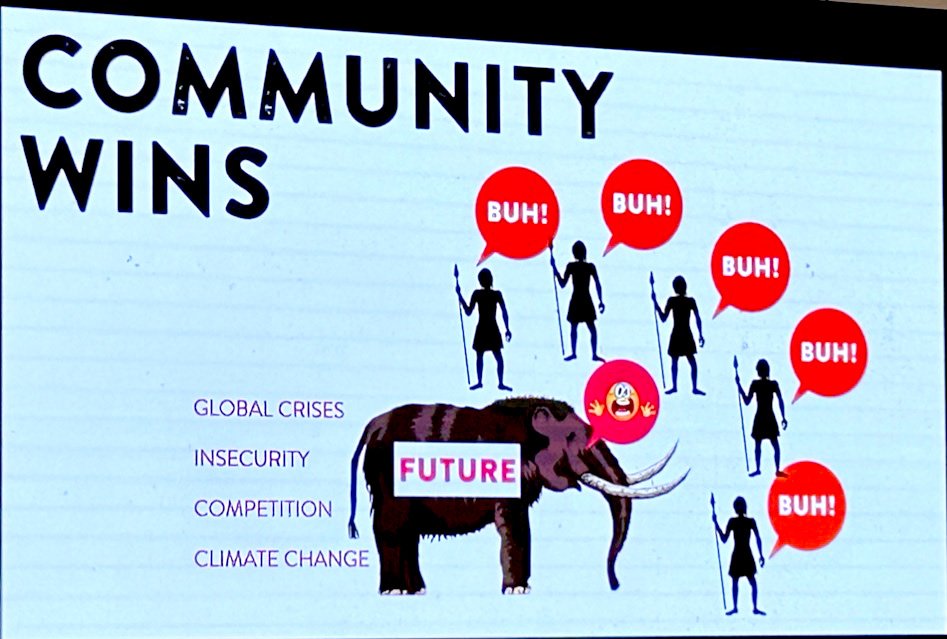Finding Your Voice
3 years, 8 months, 21 days, 2 hours
1 November 2025
Every one of us has power, because every one of us has a voice.
A fear of personal consequences, and staying silent, are the friends of those who, for personal greed, indifference, and/or from pure stupidity, will destroy our world. If we are to resist, we have to find our voice.
But will it make any difference anyway? Feeling powerlessness is corrosive to our very being as individuals, yet in world where it seems ’strong men’ (and they do nearly all seem to be men) can do what they like, from invading and trying to obliterate the independence of other countries, to starving whole populations, to denying climate change, to ripping up agreements with impunity, it is easy to feel that as an ordinary individual, there is nothing I can do.
And part of the problem is a system increasingly loaded against the collective voice of ordinary people, beautifully articulated in Ian Bremmer's newsletter two weeks ago, in which he reproduced a letter he had written in reply to someone seeking his advice: ‘Grassroots civic engagement – the kind you're doing – is eroding not just because of political polarization, but because the systems that used to amplify individual voices are being replaced by algorithms that consolidate power in fewer hands. The social media business model is fundamentally incompatible with a healthy civil society – it welcomes bots, promotes extremism, and spreads disinformation precisely because those things maximize engagement. You're not just fighting bad policy; you're fighting a system designed to maximize division for profit.’
I agree with Ian that social media is a fifth column, fracturing the cohesion of societies from within. But systems controlled by those in power have always sought to frustrate change. So I don’t think it undermines the argument that collective power can prevail, and is indeed our only hope of bringing our civilisation back from the brink of disaster.
As Clover Hogan said in my conversation with her: 'There are countless examples of major societal shifts which are largely propelled by people power.’ And the same point was powerfully illustrated by Ali Mahlodji in one of his two brilliant presentations at the Inner Development Goals Summit 2025 in Stockholm two weeks ago, where he showed the attached slide of the tribe scaring the mammoth, to illustrate the power of collective action compared to individuals acting alone.
Ultimately, I believe it is a matter of timescale. In the short-term those with the loudest voices, the biggest egos, the largest armies, and the most brutal weapons tend to get their way. But time doesn’t stop. History shows us that brutality ends in revolutions. Dictators topple. Empires fall. Reactionaries die. And above all, attitudes can, and do change. And they change because ordinary people who care carry the message to their family, friends, neighbours and colleagues. Every one of us has power, because every one of us has a voice. We just have to choose to use it.
Image source: Presentation by Ali Mahlodji at the Inner Development Goals Summit 2025, Stockholm

